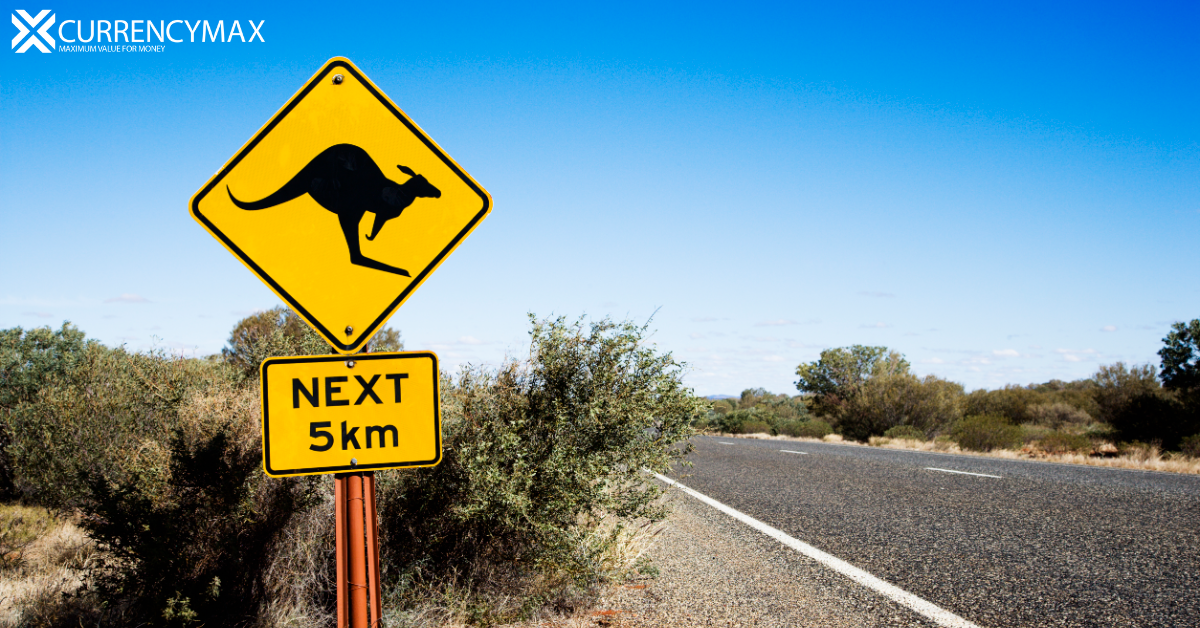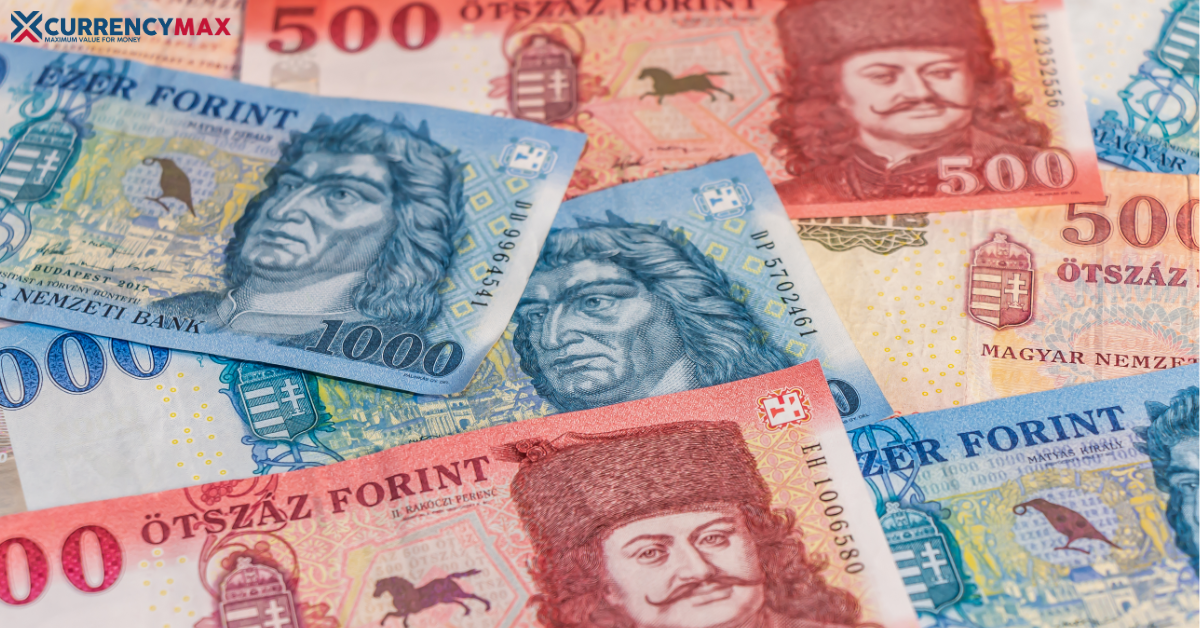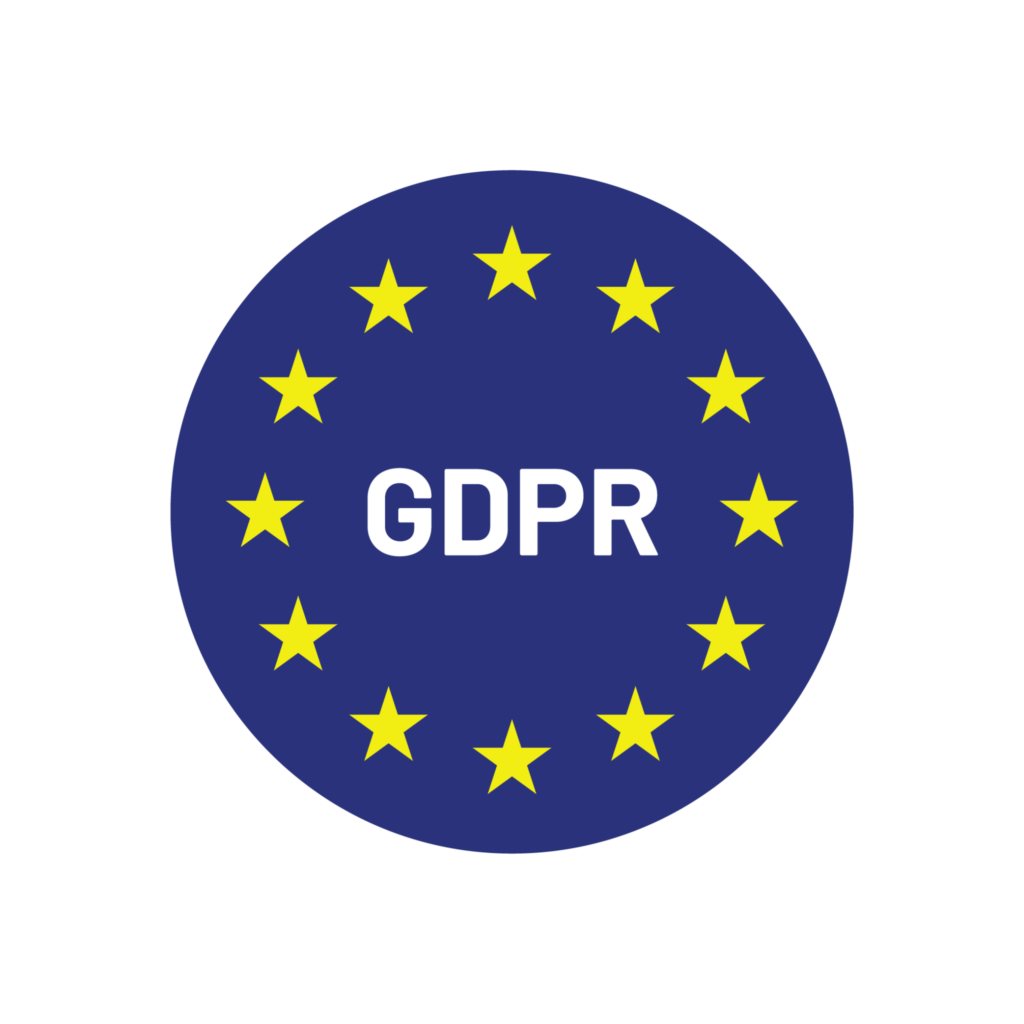Traveling to Australia from the UK is an exciting adventure, filled with unique experiences, stunning landscapes, and vibrant cities. However, one of the key considerations for any traveler is getting the best value for their money, particularly when it comes to currency exchange. The exchange rate between the British Pound (GBP) and the Australian Dollar (AUD) can significantly impact your travel budget. In this comprehensive guide, we’ll explore the best times to exchange GBP to AUD, providing tips and strategies to help you maximise your budget and make the most of your Australian journey.
Understanding Currency Exchange Rates
Before diving into the best times to exchange GBP to AUD, it’s essential to understand how currency exchange rates work. Exchange rates fluctuate due to a variety of factors, including economic indicators, political events, market speculation, and differences in interest rates between countries. The exchange rate represents how much one currency is worth in terms of another and is typically quoted as a pair, such as GBP/AUD.
Factors Influencing Exchange Rates
- Economic Indicators: Economic data, such as GDP growth, employment figures, and inflation rates, can influence a country’s currency value. Strong economic performance typically strengthens a currency.
- Interest Rates: Central banks set interest rates, and higher interest rates tend to attract foreign investment, boosting the currency value.
- Political Stability: Political events, including elections, policy changes, and geopolitical tensions, can affect investor confidence and currency value.
- Market Speculation: Traders in the foreign exchange market (Forex) speculate on currency movements, impacting exchange rates based on their buying and selling activities.
- Global Events: Major global events, such as natural disasters, pandemics, or financial crises, can cause fluctuations in exchange rates.
Monitoring Exchange Rates
To get the best exchange rate for your trip to Australia, it’s crucial to monitor the GBP/AUD exchange rate regularly. Several tools and resources can help you stay informed:
- Currency Converter Apps: Use apps like XE, OANDA, or Currency Converter Plus to check real-time exchange rates.
- Financial News Websites: Websites like Bloomberg, Reuters, and BBC provide up-to-date financial news and exchange rate information.
- Forex Brokers: Some forex brokers offer tools and alerts to help you track exchange rate movements.
- Bank and Exchange Service Websites: Many banks and currency exchange services provide current exchange rates on their websites.
By keeping an eye on the exchange rate trends, you can make informed decisions about when to exchange your money.
Historical Trends in GBP to AUD Exchange Rates
Analysing historical trends can provide insights into the best times to exchange GBP to AUD. Over the past decade, the GBP/AUD exchange rate has experienced fluctuations influenced by various economic and political events.
Key Historical Events
- Global Financial Crisis (2008-2009): The global financial crisis led to significant volatility in exchange rates. During this period, the GBP weakened against the AUD due to economic uncertainty.
- Brexit Referendum (2016): The Brexit referendum and subsequent negotiations created uncertainty in the UK economy, causing fluctuations in the GBP/AUD exchange rate.
- COVID-19 Pandemic (2020-2021): The pandemic’s impact on global economies led to unprecedented exchange rate movements. The AUD initially weakened but later strengthened as Australia managed the crisis effectively.
Seasonal Trends
Exchange rates can also exhibit seasonal trends. For example, the AUD tends to strengthen during Australia’s summer months (December to February) due to increased tourism and demand for the currency. Conversely, it may weaken during the winter months (June to August) when tourism is lower.
The Best Times to Exchange GBP to AUD
While predicting exact exchange rate movements is challenging, certain periods and strategies can help you get a better deal when exchanging GBP to AUD.
1. Plan Ahead
Planning your currency exchange in advance can help you take advantage of favorable exchange rates. Avoid last-minute exchanges at airports or hotels, where rates are often less favorable. Instead, monitor the rates several months before your trip and exchange your money when the rate is favorable.
2. Use Limit Orders
Some currency exchange services and forex brokers offer limit orders, allowing you to set a target exchange rate. When the rate reaches your target, the service automatically exchanges your money. This strategy can help you lock in a favorable rate without constantly monitoring the market.
3. Avoid Peak Travel Seasons
Exchange rates can be less favorable during peak travel seasons due to increased demand. If possible, plan your exchange during off-peak periods when demand is lower, potentially securing a better rate.
4. Monitor Economic Events
Stay informed about major economic events in both the UK and Australia. Events such as interest rate announcements, economic reports, and political developments can impact exchange rates. For example, if the Bank of England raises interest rates, the GBP may strengthen, providing a better exchange rate.
5. Diversify Your Exchange
Consider exchanging your money in smaller increments rather than all at once. This strategy, known as dollar-cost averaging, helps mitigate the risk of unfavorable rate movements. By exchanging smaller amounts over time, you can average out the exchange rate and potentially achieve a better overall rate.
6. Use Online Exchange Services
Online currency exchange services often offer better rates than traditional banks and exchange bureaus. Companies like TransferWise (now Wise), Revolut, and CurrencyFair provide competitive rates and low fees. Compare rates from different services to find the best deal.
7. Consider Using a Multi-Currency Account
Multi-currency accounts, offered by banks and financial institutions, allow you to hold and exchange multiple currencies within one account. This can provide flexibility and convenience when traveling. Some accounts even offer competitive exchange rates and low fees.
8. Avoid Dynamic Currency Conversion
When making purchases or withdrawing cash in Australia, you may be offered the option to pay in GBP instead of AUD through dynamic currency conversion (DCC). Avoid this option, as DCC rates are typically less favorable than the standard exchange rate provided by your bank.
Practical Tips for Managing Your Money in Australia
Once you’ve exchanged your GBP to AUD, managing your money wisely during your trip is crucial to maximise your budget. Here are some practical tips:
1. Use Local ATMs
Using local ATMs in Australia to withdraw cash can often provide better exchange rates than exchanging large amounts of cash before your trip. However, be aware of any foreign transaction fees your bank may charge.
2. Use Credit and Debit Cards Wisely
Credit and debit cards are widely accepted in Australia, but it’s essential to use them wisely to avoid additional fees. Opt for cards that offer no foreign transaction fees and favorable exchange rates. Notify your bank of your travel plans to avoid any issues with card usage.
3. Budget for Daily Expenses
Create a daily budget to manage your expenses effectively. Australia can be expensive, especially in major cities like Sydney and Melbourne. Research typical costs for meals, transportation, and activities to plan your budget accordingly.
4. Take Advantage of Discounts and Deals
Look for discounts and deals on attractions, tours, and dining. Many cities offer tourist passes that provide discounted access to popular sites. Additionally, websites like Groupon and local deal sites can help you find savings on activities and meals.
5. Stay Connected
Use free Wi-Fi whenever possible to avoid high data roaming charges. Many cafes, hotels, and public spaces offer free Wi-Fi. Consider purchasing a local SIM card or an international data plan if you need continuous connectivity.
6. Track Your Spending
Keep track of your spending using budgeting apps or a travel journal. Monitoring your expenses can help you stay within your budget and identify areas where you can cut costs if needed.
7. Be Mindful of Tipping
Tipping in Australia is not as common as in the UK or the US. While it’s appreciated for exceptional service, it’s not expected. If you choose to tip, rounding up the bill or leaving a small amount is usually sufficient.
Making the Most of Your Australian Adventure
With careful planning and smart currency exchange strategies, you can maximise your travel budget and fully enjoy your Australian adventure. From exploring the iconic Great Barrier Reef to discovering the vibrant culture of Melbourne, your trip to Australia will be filled with unforgettable experiences.
Exploring Australia’s Natural Wonders
Australia is renowned for its stunning natural landscapes, and many of these attractions are free or low-cost to visit. Here are a few must-see natural wonders:
- Great Barrier Reef: Snorkeling or diving in the world’s largest coral reef system is a once-in-a-lifetime experience. Look for budget-friendly tours and consider visiting during the shoulder seasons for lower prices.
- Uluru (Ayers Rock): This iconic sandstone monolith in the Northern Territory is best visited at sunrise or sunset when it glows with vibrant colors. Entry to Uluru-Kata Tjuta National Park is relatively inexpensive.
- Blue Mountains: Just a short drive from Sydney, the Blue Mountains offer stunning scenery, hiking trails, and charming villages. Many attractions, such as the Three Sisters rock formation, are free to visit.
- Great Ocean Road: This scenic drive along the southern coast of Victoria features breathtaking views, charming coastal towns, and natural landmarks like the Twelve Apostles. Enjoy the journey at your own pace with minimal costs.
- Tasmania’s Wilderness: Explore the rugged beauty of Tasmania’s national parks, such as Cradle Mountain-Lake St Clair National Park and Freycinet National Park. Entry fees are affordable, and the landscapes are truly spectacular.
Experiencing Australian Culture
Immerse yourself in Australian culture without breaking the bank by exploring local markets, festivals, and free attractions:
- Sydney Opera House: While attending a performance can be pricey, you can take a free stroll around the iconic Sydney Opera House and enjoy the stunning views of Sydney Harbour.
- Local Markets: Visit local markets like Melbourne’s Queen Victoria Market or Sydney’s Paddington Markets to experience the vibrant atmosphere and sample local food and crafts.
- Festivals and Events: Australia hosts numerous free festivals and events throughout the year, celebrating everything from music and arts to food and culture. Check local event calendars for opportunities to join in the festivities.
- Museums and Galleries: Many museums and galleries in Australia offer free entry or donation-based admission. Explore the National Gallery of Victoria, the Australian Museum, or the Queensland Art Gallery for a dose of culture and history.
- Beaches: Australia’s beaches are world-famous and free to enjoy. Relax on the golden sands of Bondi Beach, surf at Byron Bay, or snorkel at Ningaloo Reef.
Culinary Adventures on a Budget
Australian cuisine is diverse and delicious, and you don’t have to spend a fortune to enjoy it. Here are some budget-friendly culinary experiences:
- Food Trucks and Street Food: Look for food trucks and street vendors offering affordable and tasty options. Cities like Melbourne and Sydney have thriving food truck scenes.
- Local Cafes: Enjoy a casual meal at local cafes, which often serve high-quality food at reasonable prices. Try Australian favorites like smashed avocado toast or a classic meat pie.
- Supermarkets and Picnics: Save money by shopping at supermarkets and preparing your meals. Australia’s supermarkets, such as Coles and Woolworths, offer a wide range of fresh produce and ready-to-eat options. Plan a picnic at a scenic spot for a memorable and budget-friendly meal.
- Happy Hour and Meal Deals: Take advantage of happy hour specials and meal deals at pubs and restaurants. Many establishments offer discounted drinks and meals during certain times of the day.
Exchanging GBP to AUD at the right time can make a significant difference in your travel budget, allowing you to fully enjoy your Australian adventure without financial stress. By planning ahead, monitoring exchange rates, and using smart money management strategies, you can maximise your budget and experience the best that Australia has to offer.
Remember, the key to a successful trip is not just about getting the best exchange rate but also making informed decisions about spending and managing your money wisely. Whether you’re exploring natural wonders, immersing yourself in Australian culture, or savoring local cuisine, your journey through Australia will be enriched by your financial preparedness.
Happy travels, and may your Australian adventure be both memorable and budget-friendly!







